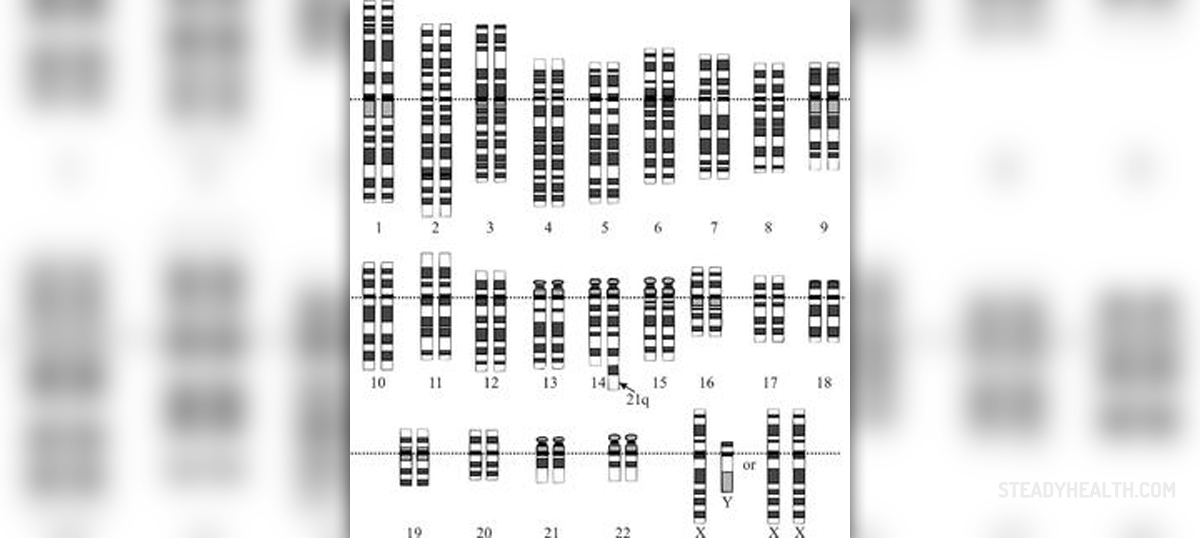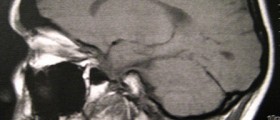
Down syndrome is a genetic condition that occurs when a person has an extra chromosome. Typically, people have 46 chromosomes, organized in 23 pairs, while each of the parents passes one of the chromosomes to their offspring. Sometimes a type of chromosomal abnormality may occur; a person may get an extra chromosome in a pair. When the extra chromosome is present on the chromosome 21, doctors are talking about trisomy 21, a condition directly responsible for Down syndrome. This extra chromosome is what causes a lot of developmental problems affecting the body, brain, cognition and health. Parental age influences the chances of conceiving a baby with Down syndrome. The risk factor is much higher if a mother is older than 35.
Down’s syndrome – physical features
The exact manifestations of this disease can vary from one affected person to another. Down syndrome can be only mild in some cases, but also very severe, accompanied by many health problems. In both cases, people with Down syndrome are easily distinguished from the others by their characteristic physical appearance. For example, people with Down syndrome are born with decreased muscle tone and excess skin at the nape of the neck. Their nose is usually flattened, and their ears and mouth are smaller than normal. Their hands and fingers are short, and they usually have only one crease in the palm of the hand.
Down syndrome – health problems
Children with Down syndrome are at the increased risk of many serious health conditions. These health problems may vary from one to another affected individual, and they are typically present at birth. Up to 50 percent of the patients are born with congenital heart disease of which the atrioventricular septal defect is the most frequent.
Malignancies, especially blood cancers, are common in children with Down syndrome. Their risk of particular malignancies is 10 to 50 times greater than in the general population.
Most of the patients are also at risk of thyroid disorders. Low levels of thyroid hormone affect about one third of all people diagnosed with Down syndrome. This hormone is very important as they regulate the rate of metabolism, affect the growth rate, various systems of the body, and body’s own sensitivity to all other hormones.
Gastrointestinal disorders are also common among patients with Down syndrome. They are usually suffering from severe chronic constipation, celiac diseases, gastro-esophageal reflux disease and Hirschsprung's disease.
These patients are also at increased risk of many neurological diseases, including the Alzheimer’s disease and epilepsy, various eye disorders and more susceptible to chronmic ear diseases and resulting hearing loss.

















Your thoughts on this
Loading...